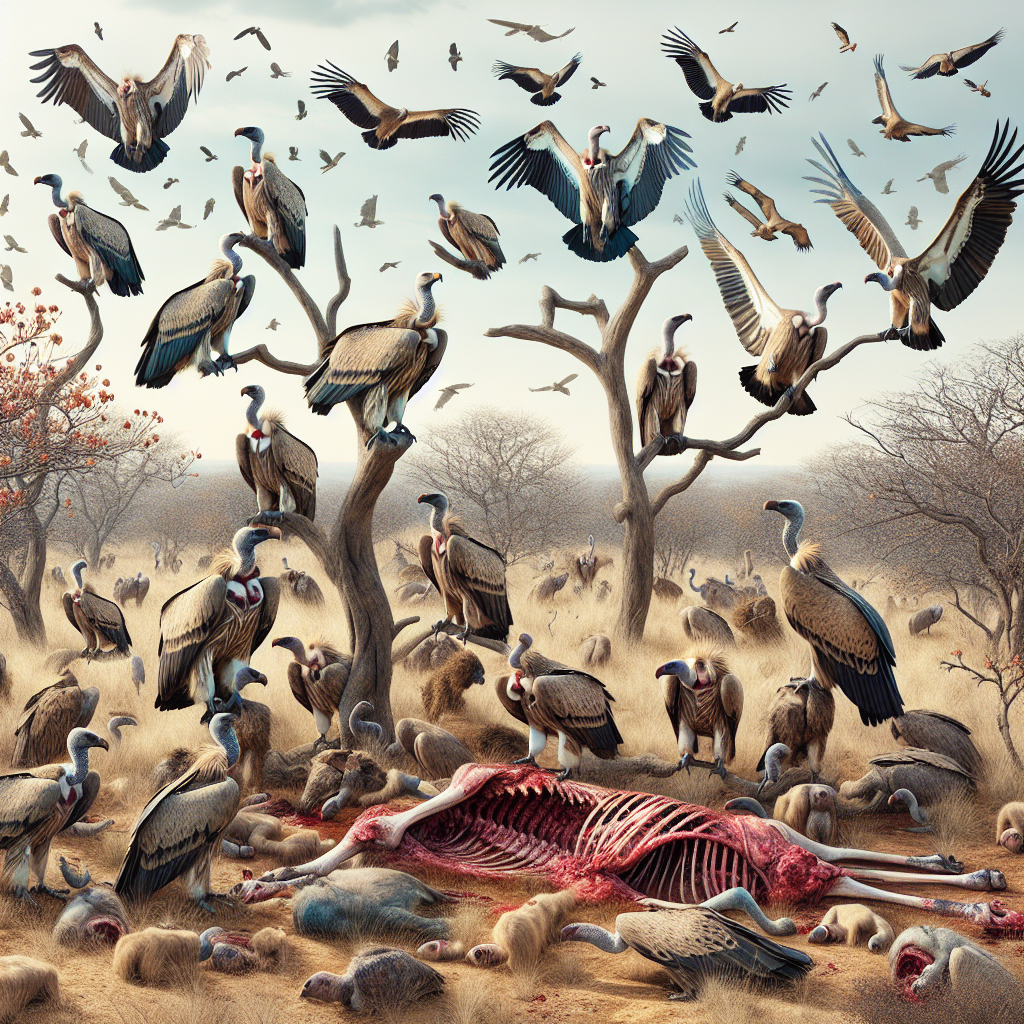Milestone in Wildlife Conservation: Reintroduction of Long-Billed Vultures at Pench Tiger Reserve
The Pench Tiger Reserve, in partnership with the Bombay Natural History Society, successfully reintroduced critically endangered long-billed vultures into their natural habitat. The reintroduction process entailed months of careful preparation, acclimatization, and eventual release into the wild, where they successfully integrated with local vultures.

- Country:
- India
The Pench Tiger Reserve (PTR), collaborating with the Bombay Natural History Society (BNHS), achieved a significant milestone by reintroducing critically endangered long-billed vultures to their natural habitat. This effort marks a notable progression in wildlife conservation.
The initiative commenced on January 21 when ten long-billed vultures were transferred from the Jatayu Conservation & Breeding Center in Pinjore, Haryana, according to Prabhu Nath Shukla, Deputy Director of Pench Tiger Reserve, Maharashtra.
Initially housed in a pre-release aviary at the central Bodalzira beat of East Pench Piparia Range, the vultures underwent seven months of acclimatization and interaction with local wild vultures. The critical release occurred on August 10, when the vultures ventured out to feast on a strategically placed chital carcass, effectively joining the local population.
The entire carcass was consumed by both released and wild vultures, indicating the reintroduction's success. Each vulture was equipped with PTT (GPS) tags for continuous movement monitoring and integration assessment into the wild population.
Key contributors, including BNHS president Praveen Pardeshi and Director Kishore Rithe, along with RFOs and forest staff, were present to witness the event. Shukla confirmed that the reserve and BNHS would continue tracking the vultures' movements, contributing valuable data on their habitat, distribution, and conservation status, ultimately reinforcing the commitment to biodiversity preservation.
(With inputs from agencies.)










